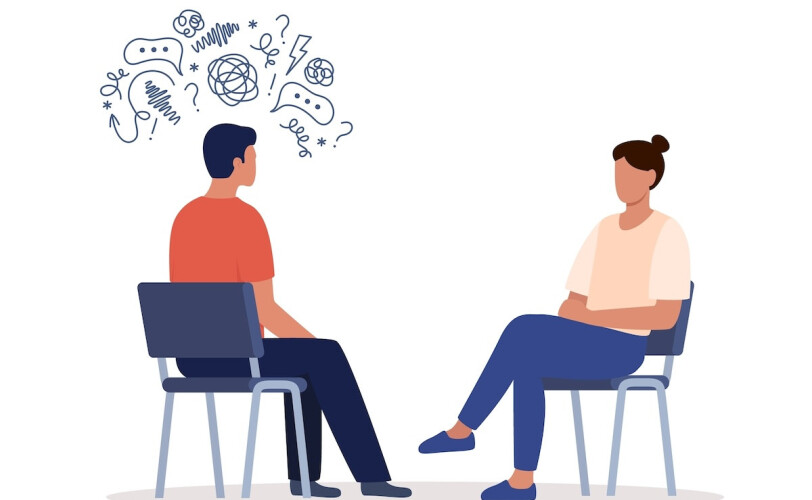In the realm of psychotherapy, understanding the dynamics of power is crucial. The balance of power between therapist and patient can significantly influence the therapeutic process, making it essential to recognize how these dynamics operate. Power in relationships, including therapy, is often subtle and complex. The most powerful individuals exert their influence through others, which means that even a willingness to be overpowered can be seen as a form of power. This dynamic can be observed in various settings, from politics to family life, where authority and obedience reinforce each other.
While not every individual chooses to submit to power, some personalities naturally exert a strong influence, making it challenging for others to resist. This phenomenon can be exemplified through personal experiences; such as encounters with charismatic leaders who can captivate their audience effortlessly.
Charisma is a key element that defines powerful individuals, characterized by their compelling presence and ability to inspire others. Charismatic figures can create a sense of excitement and confidence, drawing people in and encouraging them to align with their vision. This effect is not limited to those in formal positions of power; some individuals without notable titles can wield significant influence.
In therapeutic contexts, charisma can lead to unrealistic expectations. Patients may begin to view their therapists as possessing extraordinary knowledge or abilities, potentially placing undue responsibility on themselves for their progress.
An often-overlooked aspect of charismatic leadership is shrewdness—the ability to navigate social dynamics skillfully. Effective leaders and therapists must identify and respond to the needs and vulnerabilities of those they work with. This requires not only insight but also a keen awareness of the emotional landscape of the relationship.
In therapy, this means recognizing when a patient may be overly compliant or eager to please, which can inadvertently empower the therapist in ways that may not be beneficial for the patient’s growth.
It is vital to maintain a balanced power dynamic in therapy. While empathy and respect are foundational to the therapeutic relationship, they are not sufficient to counteract the inherent power struggles that can arise. Therapists must be aware of their own power and be prepared to use it responsibly to protect their patients from becoming overly dependent or feeling enslaved by the therapeutic process.
Ultimately, successful therapy requires both parties to navigate their power dynamics thoughtfully. Therapists need to foster an environment where patients feel safe to express doubts and assert their independence, while also being equipped to handle the complexities that arise from their relationship.
Understanding and balancing power in psychotherapy is essential for fostering healthy therapeutic relationships. By recognizing the influence of charisma, shrewdness, and the dynamics of power, therapists can create a more effective and supportive environment for their patients, leading to more meaningful outcomes in the therapeutic journey.
Adopted from Making Contact, written by: Leston Haven


 فارسی
فارسی